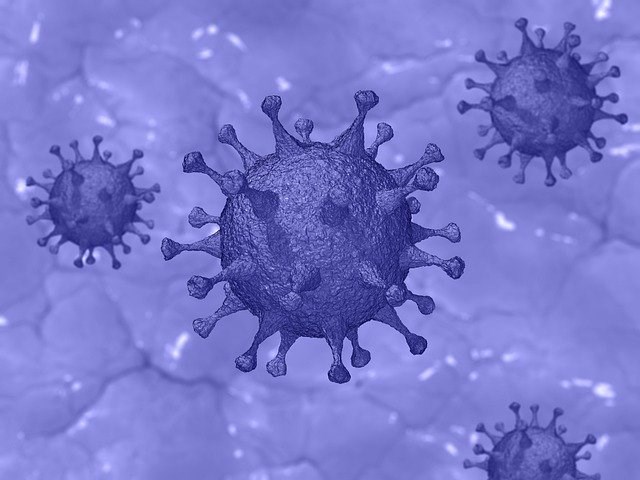Communities up north are preparing for the worst as more cases of COVID-19 are being diagnosed, most recently in La Loche and English River First Nation.
English River released a statement on April 21 stating that four cases have been found in their community, while an update from the Northern Village of La Loche Facebook page, also on April 21, said there are now nine cases in La Loche and three in the Clearwater River Dene Nation, bringing the total for the La Loche/Clearwater region to 12.
“Please remember that only those who are showing symptoms can get tested for COVID-19 at the present time. Remember the virus doesn’t move by itself; people move the virus,” finished the Northern Village of La Loche's post.
Northwest Communities Incident Command Centre Incident Commander Rick Laliberte said that based on contact tracing, all of these cases are connected. It’s very infectious as it moves through densely populated housing situations, he said.
“We’re trying to provide services for them but the limited resources and fragile health system, the communities have to be engaged with this. There’s no way we can just let it go by without us being prepared or without us being able to respond.”
Laliberte said they are working hard to contain the virus as much as possible and continue to educate community members on how to reduce its spread.
“We didn’t expect this many cases at this time. We were hoping there would be negatives in all our tests but no, we found positives so our efforts are more pronounced by our residents. They’re more compliant, they’re listening to our directives.”
Residents continue to be educated on washing hands, sanitization, social distancing, and caring for COVID-19 patients but the next steps are going beyond individuals and looking at community wide initiatives. All communities are now looking for alternative housing options to separate the sick from the well, Laliberte said, and community wide volunteers continue to step up to safely provide much needed care for those who are sick to allow them to focus on recovering.
“The primary focus is taking care of families and that’s what we’re telling the rest of the world. There’s no stigmatization, it is early identification. This virus hits anybody. The community and family members have to step up.”
English River Councillor Katrina Maurice said they have isolated the virus to one home and the infected individuals were already quarantining themselves while they were waiting to receive their test results.
English River is a very tight knit community, Maurice said, so she knows that everyone will play a role in taking care of those infected and will help out wherever they are needed.
“Infectious diseases do not discriminate. We have seen that around the world and, despite our best efforts, it has made its way into our community,” Maurice said in the press release. “Now, we must contain the virus as best we can and we need everybody’s help to do that. We were taught to love our community in sickness and in health. Let's start there.”
Everyone must play their part to contain the virus, Maurice said in a phone interview.
“Until there is a vaccine, we all have to play our own role and responsibility and squash the curve of the spread.”
Plans are already in place to get the relevant resources into the English River community, Maurice said. Orders for personal protective equipment (PPE) are being outsourced to distribute among their health care system, Laliberte said, while other requests for more municipal supports have not been forthcoming from the province. Laliberte said they are still hopeful that the government will see the needs in the north and respond.
“They’re focus seems to be on the healthcare system side but how the community responds and how it protects itself in that response has to be identified.”
Taking care of COVID patients is going to take love and care, Laliberte said, but that does mean staying within pandemic protocols.




